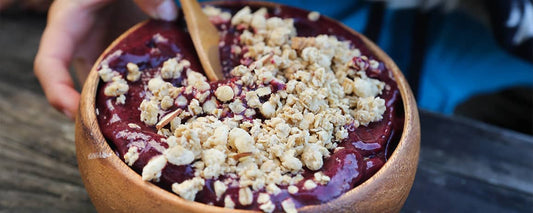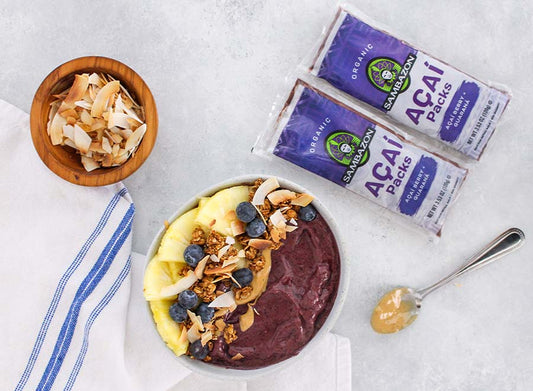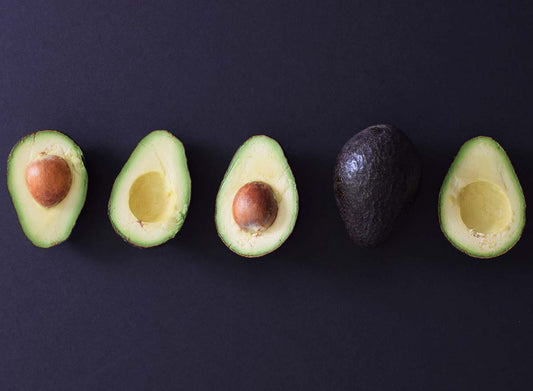What are EFAs, anyway?
EFAs, which are also known as essential fatty acids, have gotten more attention in recent years.
In particular, you may hear a lot of buzz about Omega 3 and Omega 6 fatty acids.
What’s the difference? What do these numbers mean? And why are these fatty acids such a hot topic?
There are two types of fatty acids that are classified as essential. One is called linoleic acid, and it’s an Omega-6 fatty acid (more what that means in a moment). The other is called linolenic acid, and it’s an Omega-3 fatty acid.
In nutrition, an “essential” nutrient is one that we need to obtain through food. This is true of the essential amino acids; there are nine of those. And it’s true of linoleic and linolenic acid, too. Our cells can create other types of fatty acids, but we can only get these two from our diets.
Fatty acid, by the way, is a way of describing the molecular structure of these types of fats. The numbers 3, 6, or 9 describes how many carbon molecules there are between one end of the fatty acid chain and two carbons that are joined by a double bond.
Both Omega-3 and Omega-6 fatty acids play a role in healthy brain development and function. Omega-6 fatty acids are involved in hair and skin growth, as well as healthful metabolism.
Omega-3 fatty acids may help to reduce inflammation in the body*, and there’s some research demonstrating a link between Omega-3 fatty acid consumption and reduced rates of heart disease†. Omega-3 fatty acid supplements are being increasingly recommended for heart health.††
There’s another type of fatty acid, Omega-9 fatty acid, that isn’t classified as essential, but is nevertheless important for overall health. Omega-9 fatty acids are unsaturated—in other words, the “good” type of fat—and some studies have linked higher consumption of Omega-9s with heart health¶ and blood pressure control.§

There are plenty of foods that supply Omega-3, 6, and 9 fatty acids. Fatty fish is a great source of Omega-3s, but they can also be found in flax seed, walnuts, chia seeds, and hemp hearts.
Vegetable oils, nuts, and seeds are great sources of Omega-6 and Omega-9 fatty acids. And so is Açaí!
The fatty acids in Açaí are mostly Omega-9, followed by Omega-6 and Omega-3. It’s unique among berries in being a good source of these fatty acids—along with the fiber and antioxidants that it’s also known for.
So, if you’ve been paying attention to maximizing healthy fats and limiting saturated fats, you can feel confident that Sambazon Açaí will help your body to obtain the essential fats that it needs. All while providing you with a delicious, low-sugar, nutritious base for countless recipes!








Comments
(0 Comments)Please note, comments need to be approved before they are published.